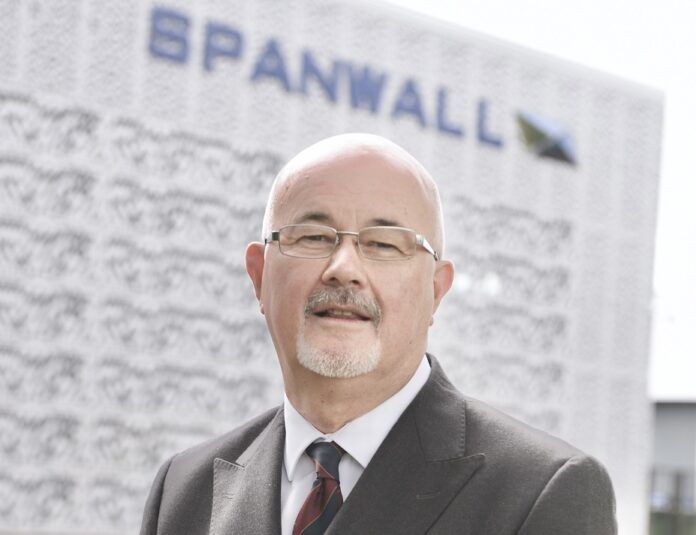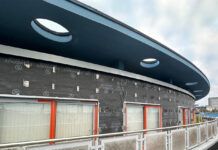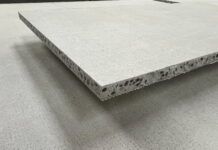RCI sits down to talk to Keith Toner, managing director at Spanwall, to discuss the highlights of his career and how his experiences have shaped him to become the leader he had to be during the pandemic.
How did you first get started in the industry and to your current position?
I first started in the industry over 50 years ago – all of which have been at Spanwall (previously EDM) After finishing training school, I started as an apprentice and since then have experienced almost every role within the business.
Starting as an apprentice and working my way up through the ranks was great preparation for my current role, providing me with extensive knowledge of all areas of the business.
How did your previous roles prepare you for what you’re doing now?
My position is unique in that I have spent my whole career at Spanwall, experiencing a variety of roles within the business. I feel my route to where I am now has helped me become a stronger leader.
I don’t think we ever could ever have predicted the past two years! After navigating the tricky waters of Brexit, the Covid-19 pandemic struck hard and fast and completely changed how we operated.
But innovation is in our DNA and through introducing robust new strategies we have been able to continue to grow and that is testament to the hard work and resilience of our team, and, I hope, my leadership.
What has been the highlight of your career so far?
I am privileged to have been involved in bringing many buildings to life that are globally recognised for their unique and innovative design. From Belfast to Barbados, Dublin to Amsterdam, South Africa to Saudi Arabi,a you will find Spanwall’s architectural wall claddings on iconic buildings around the world.
However, a personal highlight for me is the Titanic Museum in Belfast, which is celebrating its ten-year anniversary this year. Using the latest 3D design tools, Spanwall’s design team produced a set of complex geometric shaped panels for the iconic building’s exterior.
It is still one of the most visited places in Europe and was even voted the number one attraction in the world in 2016 and I am extremely proud to be involved in this landmark project.
How has the COVID-19 pandemic affected your business?
Although we were forced to close for three weeks, we were fortunate enough to be able to continue work on certain projects.
For a short while we suffered from staff shortages, but we introduced vigorous measures to protect workers, and this enabled us to avoid widespread infection of employees.
As a leader you need to balance corporate mindset with employee wellbeing and consider the challenges your employees are facing and how as a business you can support them. Our staff were under a lot of stress at this time, especially parents who were having to home-school children. This was an unprecedented situation and so we listened to voices across the business and beyond and introduced new measures to improve employee wellbeing and ensure they felt supported during this time.
Change is a constant inevitability, by understanding that and refusing to be complacent you are much better equipped to deal with any eventuality that comes your way. I really believe we have emerged from the pandemic even stronger.
What are the two key issues facing the future of the construction sector?
The supply and cost of materials is a massive issue facing the sector now and as prices continue to rise, this is only going to worsen. For businesses in the manufacturing industry, it is imperative that they start to consider alternative materials to combat this – by refusing to do so companies are risking loss of income and fierce competition in the battle of limited material supplies.
The second issue is skills shortages. Brexit resulted in the mass loss of European workers who were heavily employed in the construction industry which has contributed to the skills shortage. We are already seeing bidding wars for personnel take place across the industry and firms of all sizes are offering new perks to hire staff. The main issue is retaining staff in such a competitive market – forcing companies to consider new ways to retain staff.
What advice would you give to those thinking about joining the sector?
The manufacturing industry has come on leaps and bounds since I first entered 50 years ago. There is great scope for learning and development as well as vast opportunities for career progression.
The role of technology in the sector has helped us push boundaries in ways like never before and there is still much to be discovered in this area, with new developments entering the market constantly.
Personally, the best thing about what we do is watch the buildings come to life and being part of that process from idea conception right through to creation. We bring visions to life, however bespoke or complex and that is exciting.




